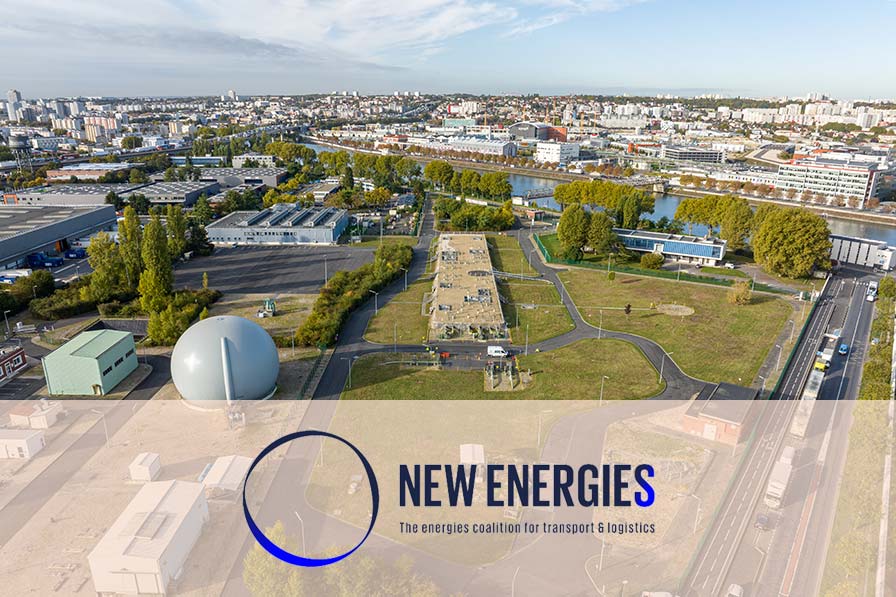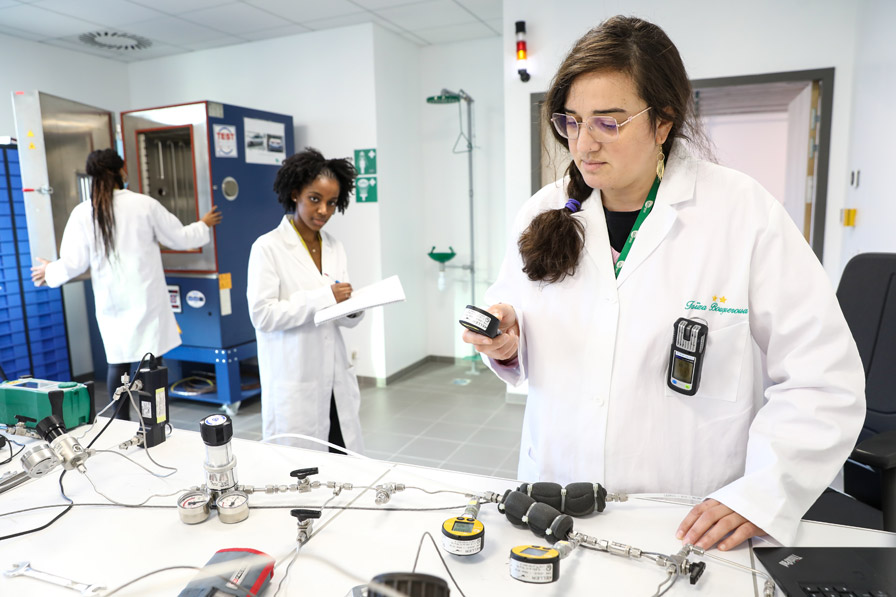GRTgaz's expertise, serving the New Energies Coalition

GRTgaz has joined the New Energies Coalition, dedicated to accelerating the decarbonisation of transport and logistics all over the world. Europe's 2nd-largest gas transmission operator, it will contribute to renewable and low-carbon gas solutions and provide its network-related expertise.
What is the New Energies Coalition?
The consortium, launched in 2019 at the Assises de l'économie de la Mer, the foremost annual meeting for the French maritime community, is an initiative of the CMA CGM. Today, it brings together the main players in international supply chains: Airbus, Air liquide, Arcelor Mittal, AWS, Bureau Veritas, Crédit Agricole Corporate and Investment Bank, Carrefour, Cluster Maritime Français, CMA CGM, Engie, Kuehne+Nagel Group, Michelin, PSA, Rolls Royce, PSA International, Schneider Electric, TotalEnergies, Veolia, Wärtsilä and ... GRTgaz. Its course has been clearly charted: working towards the decarbonisation of maritime, air and road transport, as well as the major international logistics chains. Builders, energy producers and end-users were divided into 18 working groups to explore new innovative solutions. Examples included: carbon capture and storage on-board ships, a digital eco-calculator for CO2 emissions from transport routes offering low-emission alternatives, zero-emission long-distance lorries powered by fuel cells, (bio)CNG, green hydrogen and more.
“This coalition embodies the strength of an operational collective. All the economic players along the value chain come together around concrete projects serving the ecological transition. Together, we will be able to more quickly identify the obstacles and factors that will speed up the decarbonisation of transport and logistics.”Céline Heidrecheid
Head of Renewable Gases, GRTgaz
What part will GRTgaz play?
As Europe’s second-largest gas transmission operator, GRTgaz plans to put all its expertise to work to serve new renewable or low-carbon gas solutions tailored to transport and logistics. Concretely, GRTgaz will bring to the table its R&D capabilities and familiarity with gas systems, biomethane, hydrogen or e-methane (synthetic gas produced from hydrogen and recycled CO2 ) to enrich the work of the members of the coalition. Its plans for the transport of CO2 captured at industrial sites, currently under development, are also on the agenda. It is no coincidence that GRTgaz has established itself in industrial areas known to be high CO2 emitters. At Fos-sur-Mer, GRTgaz has set up the Jupiter 1000 demonstrator, which converts surplus renewable electricity into hydrogen and synthetic methane. This is also where the HYnframed project was launched to transport hydrogen to the Manosque storage facility. It is in the region around Nantes and Saint-Nazaire that GRTgaz has launched the GOCO2 project with its partners to capture and recover 4 million tonnes of CO2 per year by 2050, or more than 75% of the industrial emissions of the Grand Ouest region.
“By joining this coalition, we will be able to explore decarbonisation solutions that are central to our development prospects, such as CO₂ capture, hydrogen or bio-NGV, to which we are contributing our expertise as regards the role of infrastructures”.Bérangère Préault
Rhône Méditerranée Territorial Delegate, GRTgaz

GRTgaz joins the New Energies Coalition
